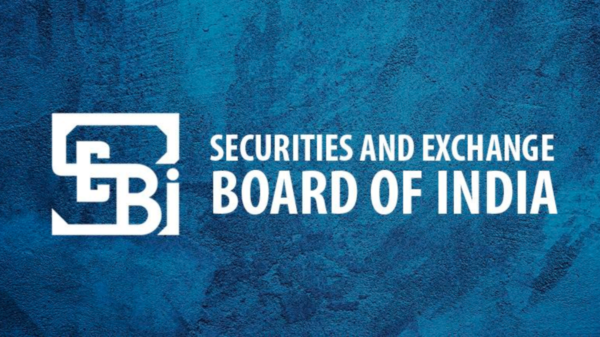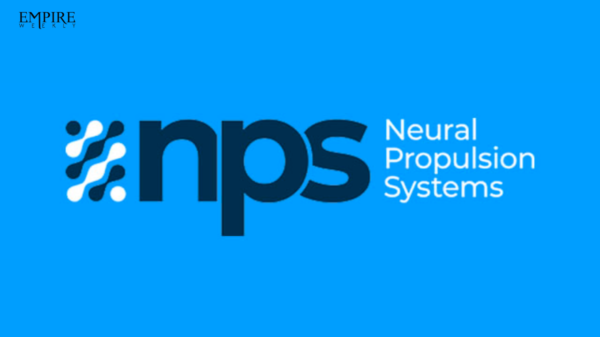While many people would enjoy the earnings from the stock market and other forms of investment income without worrying about the taxes levied on them. However, some people who are beginning to invest or have invested only for a few years might become hesitant.
Let’s be real, taxes are a burden on the majority of the population, be it income tax or GST, but it is also an integral part of the government’s revenue and even though progress might be slow, the government invests in projects that benefit the public on some level. Different taxes are levied based on income slabs, and the GST slabs also range from 5% to 28% depending on the products.
The taxes on investments however can be tricky. The short-term capital gains on the earnings of the stock market are taxed at 15%. Short-term gains occur when an investment is sold before a year of keeping it. Long-term gains can occur when investments are sold after more than a year, generally 2 to 5 years or more. The tax is levied depending on the income generated, a minimum of 10% to 20% can be levied or more.

The investors who invest a significant amount are taxed the highest as they generate the highest income most of the time. Still, there is a lot of controversy about who is paying the high taxes. The middle-class investors who do not have a significant amount invested might still get taxed and have to face bigger hits in contrast to the rich investors.
Investors have different opinions on how taxes might affect the stock market gains. Some feel that the rise in taxes can sink the value of the stocks and also less capital will be available with the investor to invest back in the market. On the other hand, some investors feel that taking into account historical changes the markets have almost always outperformed the tax rise as the company stock values are not connected with the tax rates and the revenue they generate. Even if the profits are reduced, it may not be a significant decrease.
The majority of the people feel that the rich population needs to be taxed very high as the gap between rich and poor is getting bigger. Since the rich investors have a larger capital burning capacity they are earning the big bucks as compared to small investors let alone people who don’t yet invest.
The only form of investment that doesn’t fall in the burden of tax is the PPF (Public Provident Fund). But the only drawback is that it’s not easily liquidable and the maximum amount investable per annum is Rs 1,50,000.
Tax or no tax, the stock market remains one of the most popular forms of investing in current times. To learn more about the stock market and different forms of investment, do check out our other articles on stocks and investments.





































graliontorile
March 3, 2022 at 9:29 pm
Enjoyed reading through this, very good stuff, thanks. “If it was an overnight success, it was one long, hard, sleepless night.” by Dicky Barrett.
Zeus Fitter
March 5, 2022 at 12:10 am
Thanks a lot